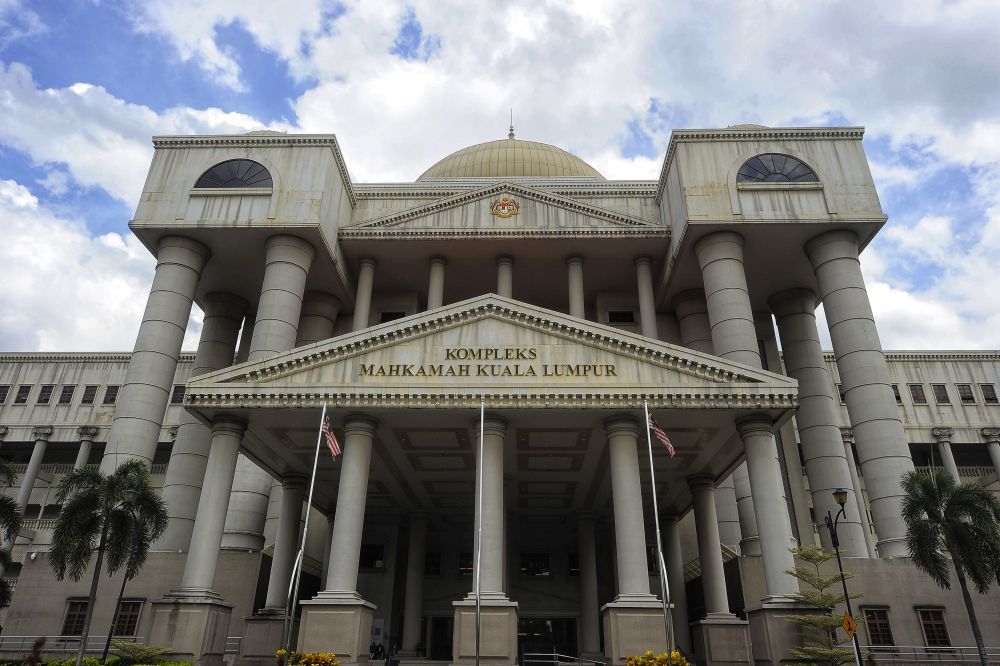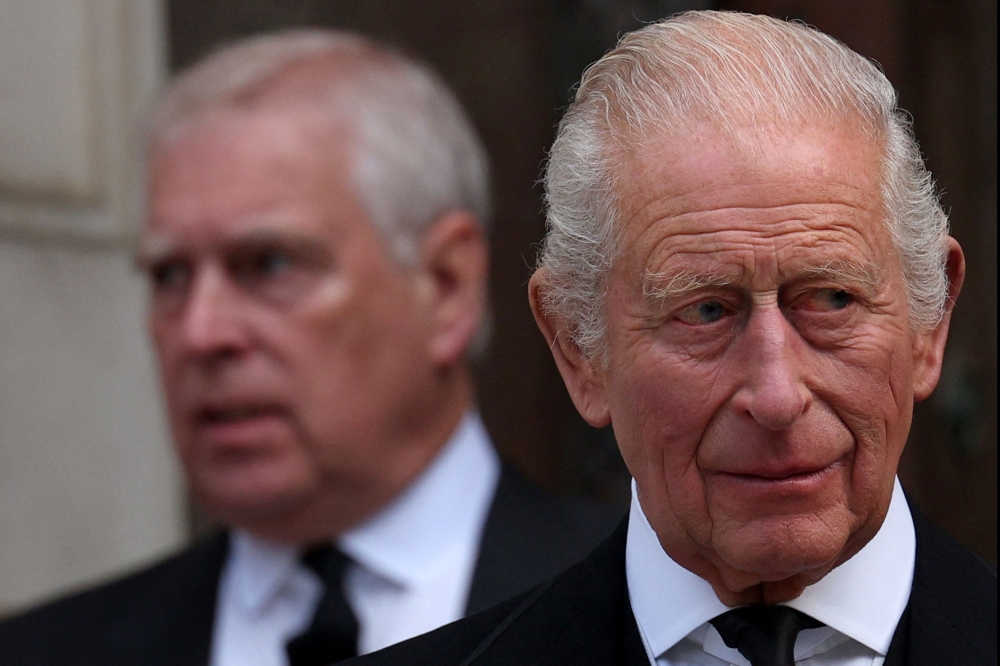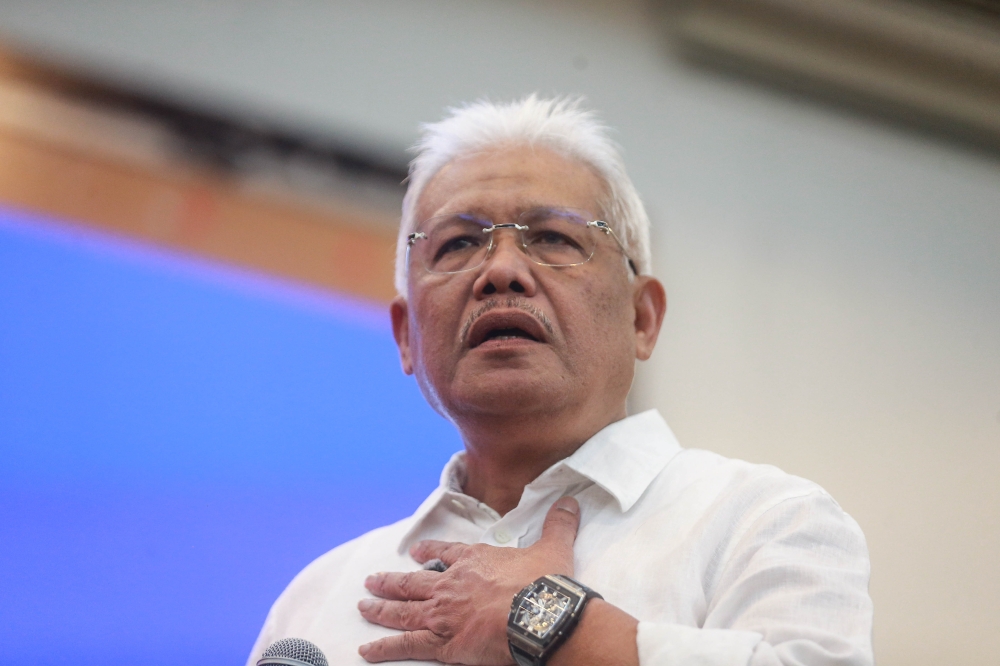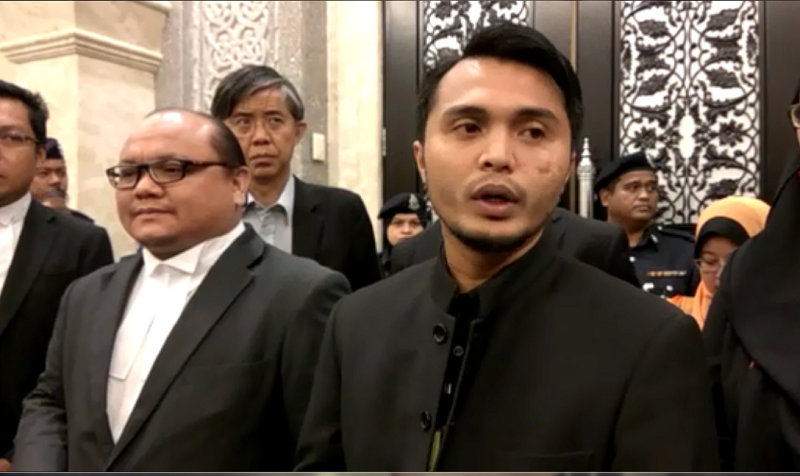PUTRAJAYA, Dec 20 — Former student activist Muhammad Safwan Anang pledged today to continue campaigning to abolish the Sedition Act 1948, after the Court of Appeal acquitted and discharged him of committing sedition over a three-year old speech.
Speaking to reporters after the decision, the prominent activist who was among the earliest to be detained under a so-called sedition dragnet, said that his aquittal is a “signal” that he is on the right track in his fight for justice.
“We are now continuing our campaign to abolish the Sedition Act, under the Abolish the Sedition Act Movement, and we feel that this is a very good signal, very positive for us to continue our campaign,” he told reporters, referring to the judgement.
“It was only mere criticism. So why the need to use criticisms to justify charging under the Sedition Act?” Safwan asked, calling on the government to be more accepting of public criticism.
Safwan also expressed confidence that his other activist friends who are also facing sedition charges would similarly be freed.
Earlier today, the Court of Appeal acquitted and discharged Safwan from a sedition charge brought against him by the government, over a speech he made at the Kuala Lumpur-Selangor Chinese Assembly Hall.
A three-men panel today said that they also found no seditious elements based on the grounds of judgement from the Session Court which had handed Safwan a 10-month jail term and fine of RM5,000.
The panel comprised of judges Datuk Wira Mohtarudin Baki, Datuk Seri Zakaria Sam and Datuk Dr Prasad Sandosham Abraham also unanimously agreed that the prosecution had also failed to prove a prima facie case against Safwan.
The 26-year-old former Universiti Malaya student was found guilty under Section 4(1) of the Sedition Act 1948 on September 5 2014, by a Sessions Court.
The former chairman of student group, Solidariti Mahasiswa Malaysia was charged on May 29, 2013 with uttering seditious statements to incite the public to remove the government by extra-legal means.
However, the panel unanimously agreed that the prosecution had failed to prove a prima facie case against Safwan and discharged and acquitted the latter.
The judges said that they also did not find any elements meant to threaten the government, in Safwan’s speech.




















